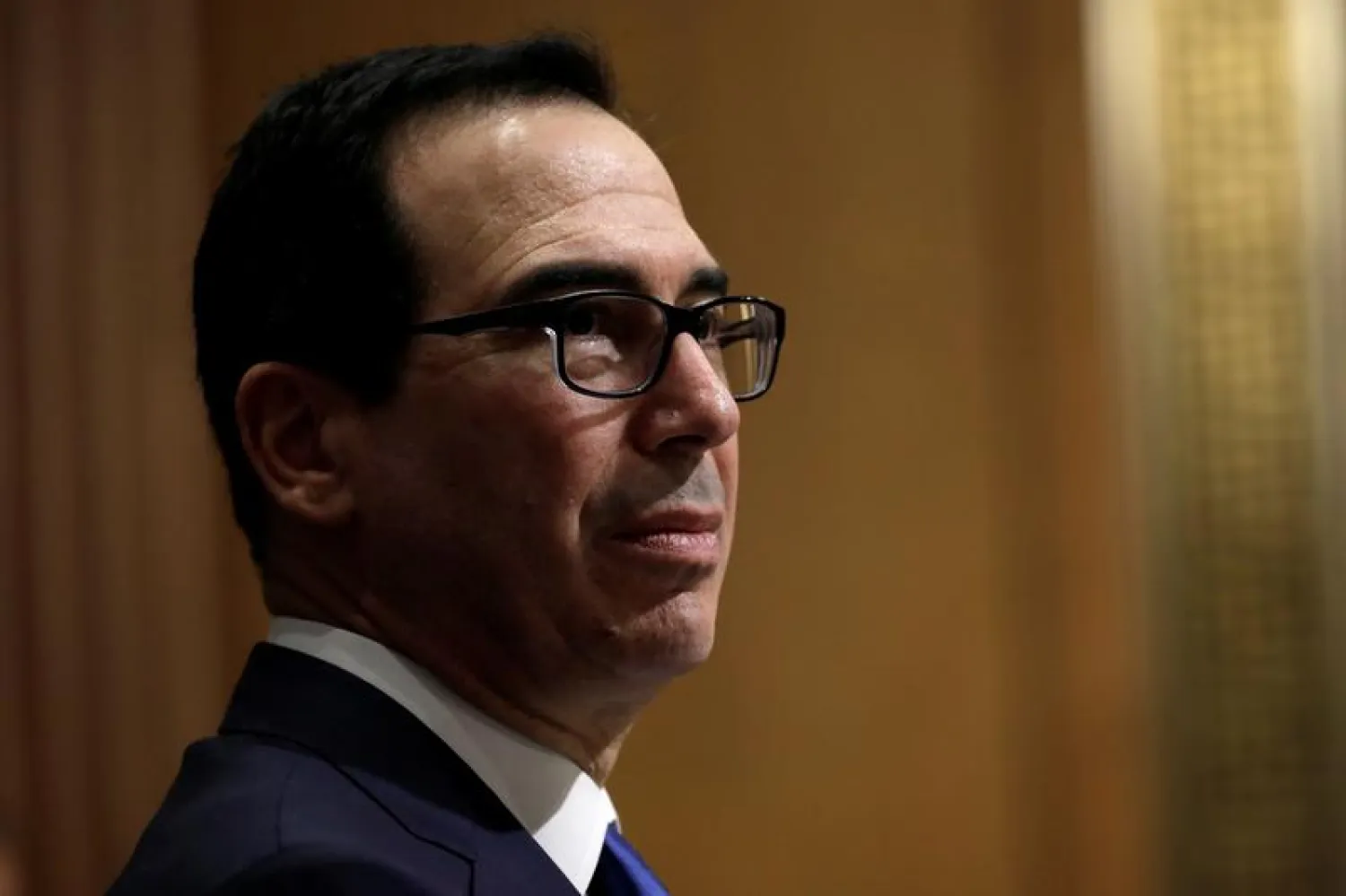Sudan signed Wednesday the "Abraham Accords" normalizing ties with Israel, alongside an aid agreement promising $1 billion annual World Bank financing during an unprecedented visit by the US treasury chief.
The deals were signed less than a month after Washington removed Khartoum from its state sponsors of terrorism blacklist, a move which followed Sudan's agreement to normalize ties with Israel in October.
It is a culmination of efforts by Sudan's transitional civilian-majority government -- which took power after the April 2019 ouster of president Omar al-Bashir -- to forge closer ties with the US.
"We congratulate the civilian-led transitional government on its signature today of the Abraham Accords Declaration, which will help further Sudan on its transformative path to stability, security, and economic opportunity," the US embassy said a Tweet.
"The agreement allows Sudan, Israel and other signers of the Abraham Accords to build mutual trust and increase cooperation in the region."
Wednesday's signing made Sudan the third Arab country to ink the "Abraham Accords" after the United Arab Emirates and Bahrain last year.
Morocco has agreed a "normalization" with Israel that restores past relations.
Aid and debt relief
The accords were signed by Sudan's justice minister Nasr Abdelbari and US Treasury Secretary Steven Mnuchin.
"We welcome the great closeness between Israel and other neighboring countries in the region, as well as the start of diplomatic relations," Abdelbari said at the signing ceremony.
"We will also work in the near future to strengthen and expand these relations."
Israeli Foreign Minister Gabi Ashkenazi welcomed the signing.
"Sudan's signing of the Abraham Accords is an important step in advancing regional normalization agreements in the Middle East," Ashkenazi wrote on Twitter, thanking the US administration for "its constant efforts to promote peace and stability" throughout the Middle East.
"I hope that this agreement will soon bring progress in the dialogue and normalization between Israel and Sudan and promote the development of relations between our two countries," he added.
During his one-day visit, Mnuchin met with head of state General Abdel Fattah al-Burhan and Prime Minister Abdalla Hamdok.
Their talks focused on Sudan's deteriorating "economic situation, US aid to Sudan and debt relief," Khartoum's government said.
Sudan's removal from the US terrorism blacklist last month has opened it up for aid, debt relief and investment.
Sudan's acting finance minister Hiba Ahmed and Mnuchin "signed a memorandum of understanding in Khartoum to provide a same-day bridge financing facility to clear Sudan's arrears to the World Bank," her office said.
"This move will enable Sudan to regain access to over $1 billion in annual financing from the World Bank for the first time in 27 years," the finance ministry said in a statement.
The ministry said such international financing will help support "major infrastructure and other development project throughout Sudan."
Sudan has been undergoing a rocky transition since the army toppled Bashir in 2019 following months of mass protests against his rule.
It is struggling with a severe economic crisis exacerbated by the Covid-19 pandemic, with chronic hard currency shortages and galloping inflation.
Its external debt is estimated to be around $60 billion.
On Wednesday, the US treasury chief also met with Sudan's water minister to discuss the long-running dispute with Egypt and Ethiopia over Addis Ababa's gigantic Nile dam.









